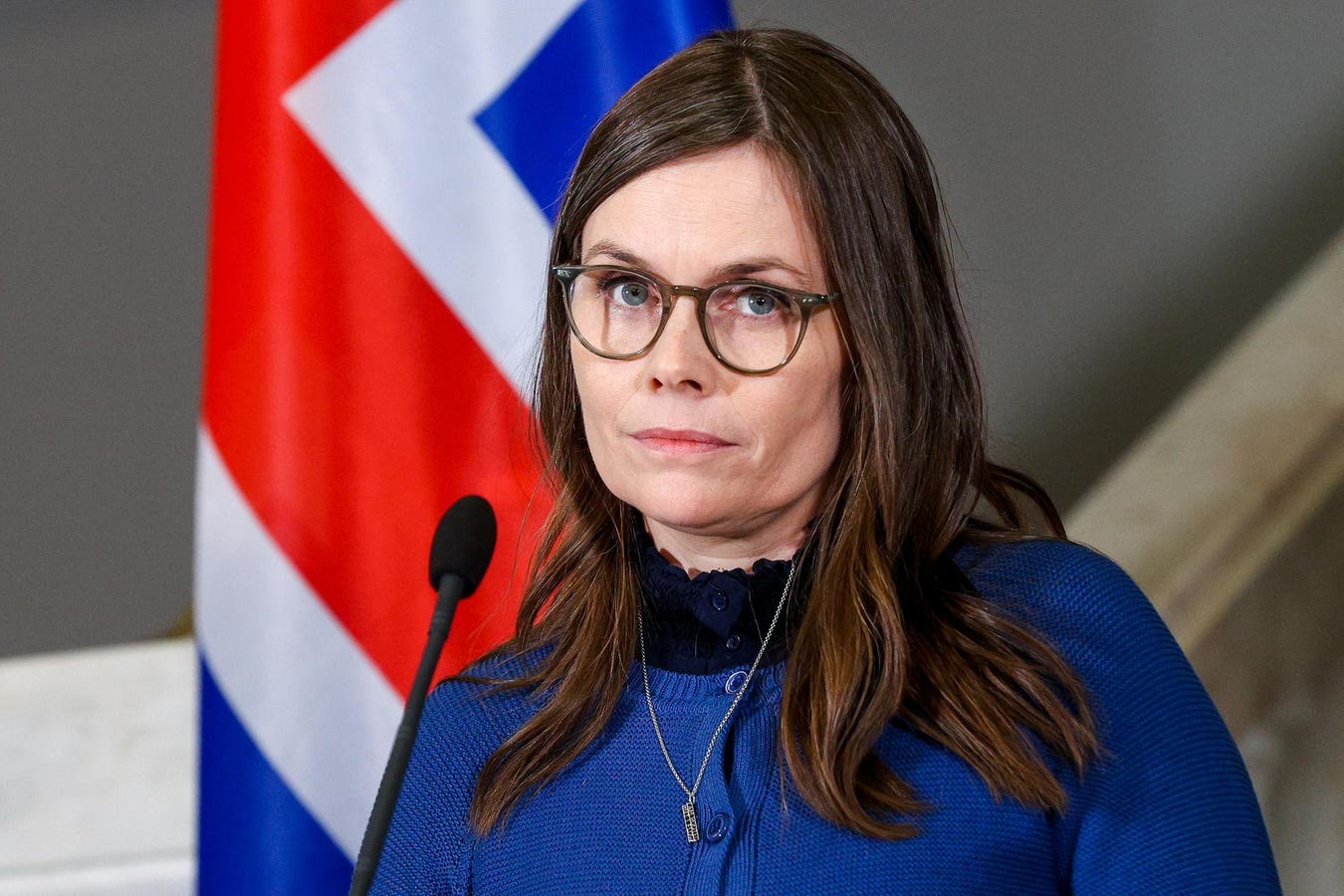Women in Iceland are striking Tuesday to bring attention to the gender pay gap and to protest against gender inequality in the country. Iceland’s Prime Minister Katrín Jakobsdóttir has told local media she plans to participate.
By global standards, Iceland is faring remarkably well in promoting women’s equality and has been ranked at the top of the World Economic Forum’s gender gap index for the last 14 years. It was the first country in the world to directly elect a female president, and in 2018, it became the first country to enforce equal pay. Iceland’s women were among the first to get the right to vote in 1915, behind only New Zealand and Finland. In addition, government support for parents makes it easier for Icelandic women to return to work after having children.
Despite these gender parity accomplishments, Icelandic men earn approximately 10% more than their female counterparts. The strike’s goal is to spotlight gender disparities, including the persisting wage gap and inequities in unpaid labor and caregiving responsibilities between genders. According to the New York Times, organizers urged women and nonbinary people to stop all work on Tuesday, including household errands and child care.
Iceland’s Prime Minister Katrín Jakobsdóttir said she would take part, telling the Iceland Monitor that she would not call a cabinet meeting and expected female cabinet members to strike. “I am first and foremost in this to show solidarity with Icelandic women. As you know, we have not yet reached our goals of full gender equality, and we are still tackling the gender-based wage gap, which is unacceptable in 2023. We are still tackling gender-based violence, which has been a priority for my government to tackle,” she said.
Jakobsdóttir said her government was also interested in how women’s professions are valued compared to jobs that men have traditionally held.
This is not the first time the women of Iceland have gone on strike. On October 24, 1975, over 90% of Iceland’s women refused to work, cook and look after children to demonstrate their importance. This strike catalyzed the election of the country’s first female prime minister in 1980 and Iceland’s subsequent progress toward gender equality.
Earlier this year, I spoke with Michelle Harrison, global CEO of Kantar Public, a public policy and consulting company that completes an annual global survey on perceptions of female leaders. I asked her why Iceland always tops country rankings on gender equity, including her own. She said it’s about Icelanders’ relentless efforts to challenge social norms. In Iceland, “it’s understood that it’s something that’s not yet finished. It is constant hard work,” she added.
The planned work stoppage seems to be more evidence of this hard work. The slogan of Tuesday’s strike will be “Do you call this equality?” underscoring the dissatisfaction of Icelandic women with any wage disparity, regardless of whether it’s the world’s lowest.
Read the full article here





